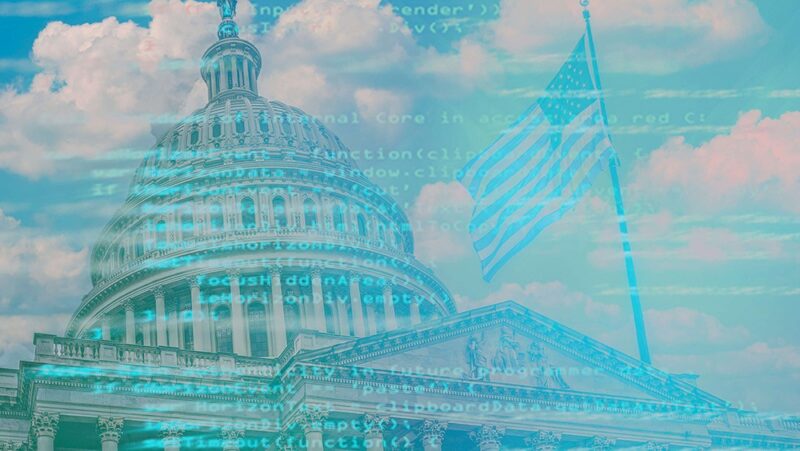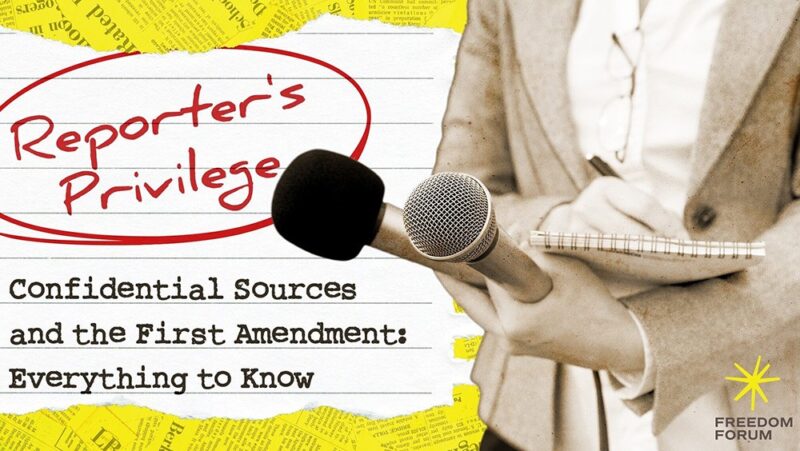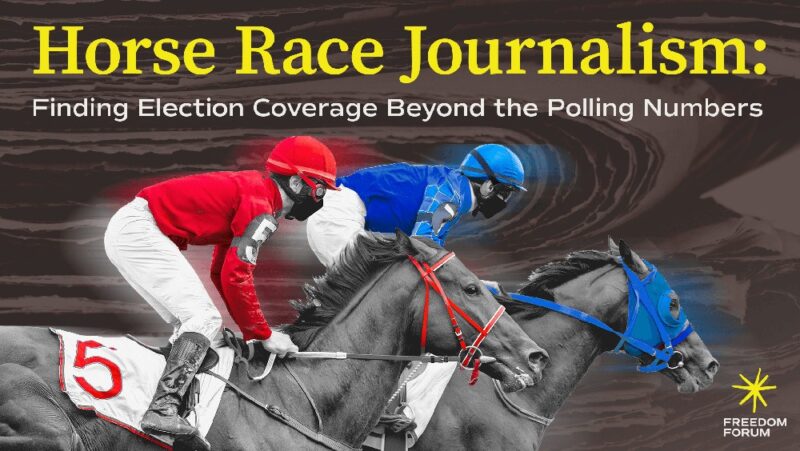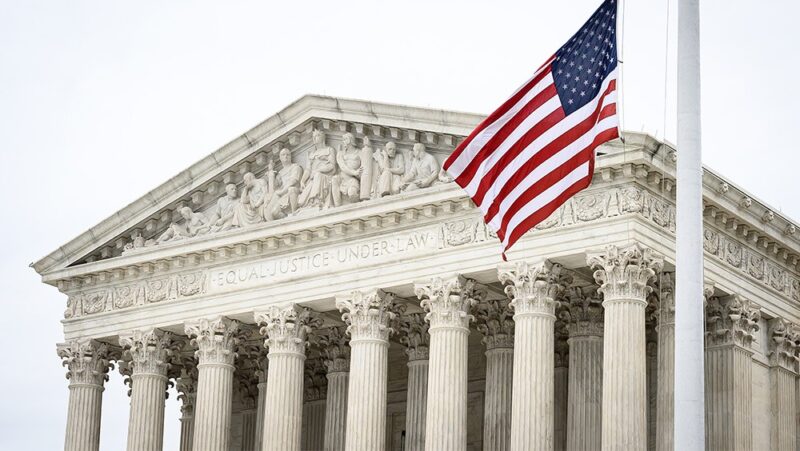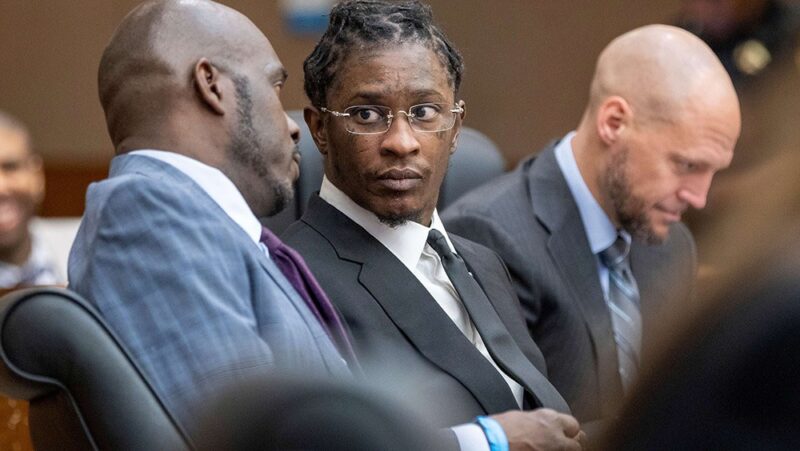Does the First Amendment Protect Anonymous Speech?
The right to hide our identity vs. the potential harms.
Is Opinion Writing Protected by the First Amendment?
Why (and how) the First Amendment protects opinion writing.
Are License Plates Free Speech?
Can the government censor custom license plates?
National Security and the First Amendment: When Can Rights Be Limited?
Exploring the centuries-long tension between the First Amendment and national security.
Protesting on College Campuses: FAQs Answered
Everything to know about protesting on college campuses.
Upcoming Events
Thursday, Jun 13 @ 6:00 pm
2024 Free Expression Awards
Saturday, Jun 22
Al Neuharth Free Spirit and Journalism Conference 2024
Is the TikTok Law a Violation of the First Amendment?
Exploring the First Amendment implications of the new TikTok law.
Can a Person’s Name Be Illegal? The How (and Why) Behind Banned Names
Can parents name their children whatever they want?
Reporter’s Privilege: Protecting the Right to Know
Discover what reporter's privilege is and how it protects everyone's right to know.
15 of the Most Famous Banned Books in US History
From government challenges to library restrictions, these are some of the most famous banned books in U.S. history.
Horse Race Journalism: Finding Election Coverage Beyond the Polling Numbers
Much of election coverage is the latest polling, but there's more journalism to be had.
First Amendment Supreme Court Cases: 2023-2024 Term
Explore key First Amendment Supreme Court cases of the 2023-2024 term.
Can Rap Lyrics Be Used as Evidence in Court? A First Amendment Analysis
When do rap lyrics go beyond protected free speech?
Apply to be an Al Neuharth Free Spirit Scholar.
High school juniors receive a $1000 college scholarship and all-expenses-paid trip to Washington, D.C.
Our Experts
The Freedom Forum’s network of experts bring a wide range of backgrounds in law, education and civil society to their analysis and commentary on First Amendment issues.
